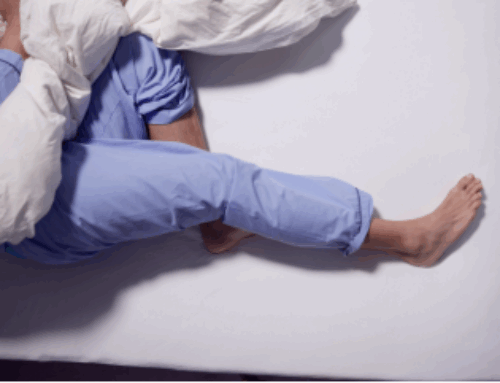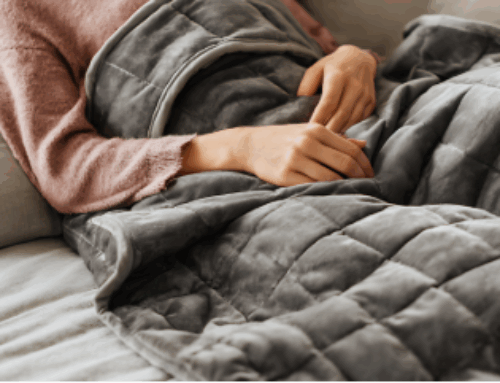An estimated 1 billion people globally experience migraines. These severe headaches can be debilitating. With so many people affected by serious symptoms, researchers are studying how migraines are linked to sleep.
Migraines can lead to sleep problems. People with migraines may have trouble falling or staying asleep. Some treatments for migraines affect the sleep cycle and may need to be adjusted for optimal sleep.
There’s also evidence that disrupted sleep can trigger migraines. Common sleep disorders that may keep you from getting enough quality sleep each night include obstructive sleep apnea, insomnia, and restless legs syndrome. Sleep disorders, a lack of sleep, or changes in your sleep cycle may trigger migraines. Getting enough quality sleep could help prevent a migraine attack.
People with migraines may get less quality sleep
A 2021 study published in Neurology found that adults and children with migraines may get less quality, rapid eye movement (REM) sleep time compared to people who don’t have migraines.
The meta-analysis included 32 studies involving more than 10,000 people. The researchers analyzed recent studies to better understand how migraines affect people’s sleep and the severity of their headaches.
According to the analysis, adults with migraines rated their sleep quality more poorly than people without migraines. When researchers looked at the results of overnight sleep lab tests, they discovered that adults and kids had less REM sleep compared to people without migraines.
REM sleep is the stage of sleep when your brain activity increases. It’s during this stage of sleep that you dream. REM sleep is critical for learning and memory consolidation.
The study also found that children with migraines experienced more sleep disruptions but fell asleep more quickly than their healthy peers. This suggests that these kids may fall asleep more quickly because they may be sleep-deprived.
Similarly, a 2005 study exploring the relationship between sleep and headaches found that more than half of people with migraines had trouble falling and/or staying asleep at least occasionally. 71% of study participants reported having headaches that woke them up from sleep.
In this study sample, 38% of people reported sleeping less than 6 hours per night. These participants had more severe headaches.
While there is still more to be learned about the relationship between sleep and migraines, these studies emphasize that sleep and migraines are linked. Improving your sleep may reduce or prevent migraines. To improve your sleep, follow these tips.
Medical review by Andrea Matsumura, MD
Related:
Authored by:
Kate Robards





